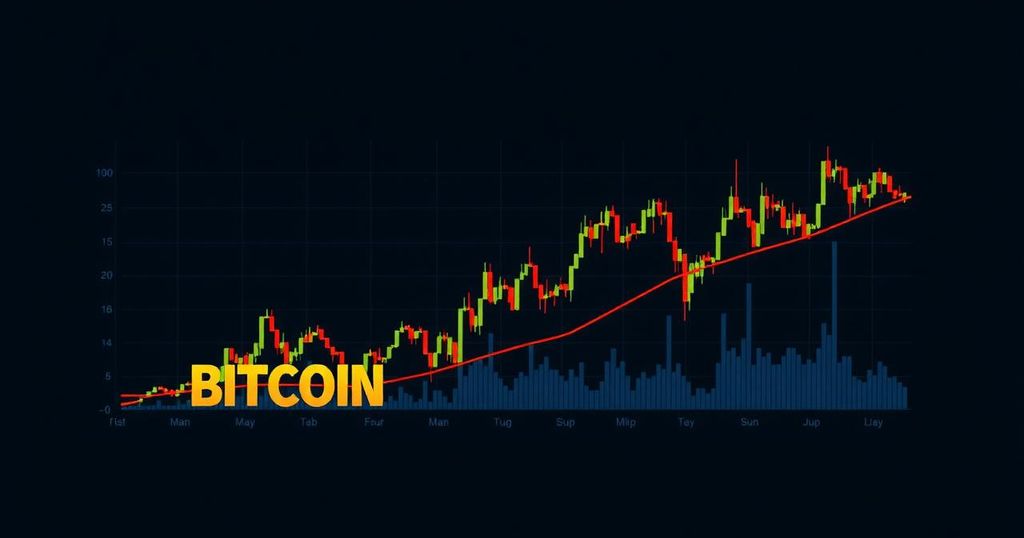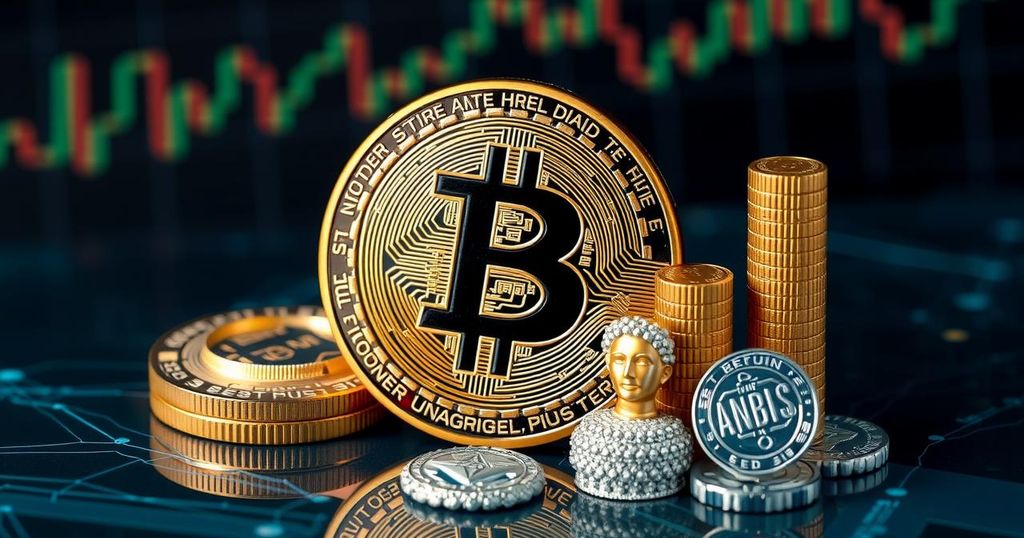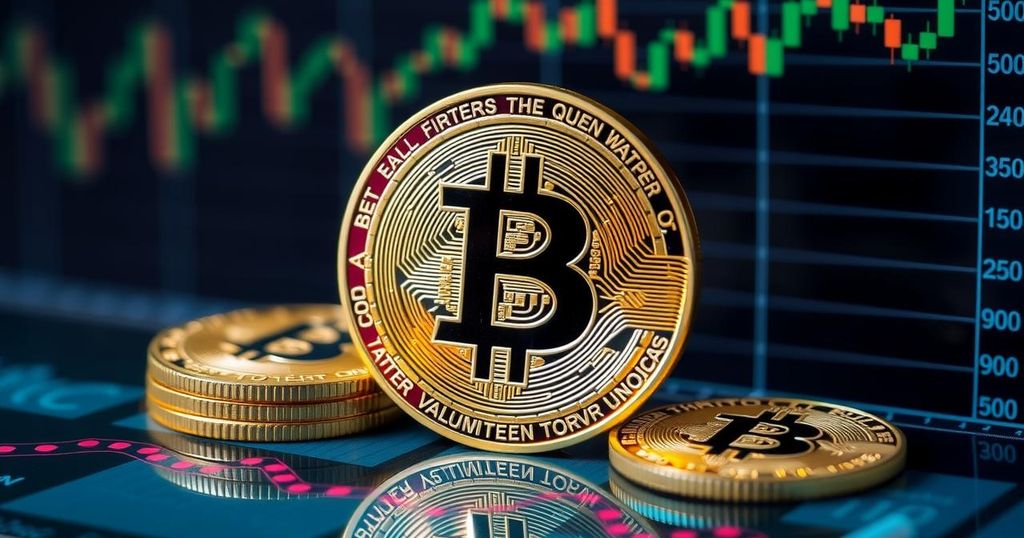BlackRock Signals Increased Volatility Ahead for Bitcoin as Economic Pressures Mount
Summary
BlackRock has signaled possible volatility in Bitcoin’s market, predicting that the Federal Reserve will not reduce interest rates as anticipated. Economic factors such as recession concerns and the upcoming U.S. elections loom large over Bitcoin’s price, with analysts forecasting a potential drop to $30,000 should Kamala Harris win the presidency, while a Trump victory could see prices soar to $90,000.
BlackRock, the largest asset manager in the world and a leading issuer of Bitcoin spot exchange-traded funds (ETFs), has raised concerns about potential upcoming market volatility for Bitcoin and its correlation with Federal Reserve interest rate decisions. Following a brief recovery where Bitcoin prices climbed back to approximately $60,000 after a dip to $50,000, experts from BlackRock indicate that traders must brace for heightened fluctuations ahead. These forewarnings stem from several economic factors, including fears of a recession resurging, uncertainties related to upcoming U.S. elections, and strategic profit-taking by investors. Jean Boivin, a strategist at BlackRock Investment Institute, noted, “We don’t see the Federal Reserve cutting policy rates as sharply as markets expect.” As the market anticipates a crucial Federal Reserve policy meeting scheduled for September 17, where the officials are expected to consider either a 25 or 50 basis point cut in interest rates, BlackRock emphasizes the likelihood of further volatility. This comes in the wake of last week’s weaker-than-expected U.S. job report, which incited concerns that the Fed might delay necessary interest rate cuts, thus potentially tipping the economy into recession. Current projections suggest more than a full percentage point reduction by year’s end amidst growing worries surrounding inflation management. Additionally, if Vice President Kamala Harris secures the presidency in the upcoming elections, analysts from Bernstein forecast a possible crash in Bitcoin’s price, bringing it down to around $30,000. Conversely, a win for former President Donald Trump could elevate Bitcoin’s price to $90,000, as he has publicly supported blockchain technology. Analysts assert that a favorable regulatory environment could rekindle innovation in the cryptocurrency sector, affecting market dynamics significantly. Overall, external conditions, including Federal Reserve policies and election outcomes, are likely to sway Bitcoin’s price in the near-term future.
The cryptocurrency market has been experiencing significant fluctuations, primarily influenced by external economic factors, including Federal Reserve interest rate policies and upcoming political events in the United States. Bitcoin, often regarded as a leading indicator within the cryptocurrency space, has shown sensitivity to macroeconomic data, as seen in recent price movements tied to employment statistics and inflation rates. BlackRock, as a major player in asset management and the crypto ETF market, holds a noteworthy position in assessing the implications of these economic conditions on Bitcoin and the broader cryptocurrency market. Analysts’ predictions surrounding Bitcoin prices in relation to the 2024 U.S. presidential election underscore the intricate relationship between political climates and financial markets, particularly cryptocurrencies, which are still navigating a complex regulatory landscape.
In conclusion, the current sentiments from market analysts reveal a complex and volatile landscape for Bitcoin and broader cryptocurrency investments. BlackRock’s assessment highlights the interplay between macroeconomic indicators, Federal Reserve monetary policies, and political developments, particularly as the U.S. heads towards a pivotal election. Predictions suggest potential price declines or surges depending on election outcomes; thus, investors are advised to remain vigilant and informed of these evolving conditions that will likely dictate market movements in the coming months.
Original Source: www.forbes.com








Post Comment